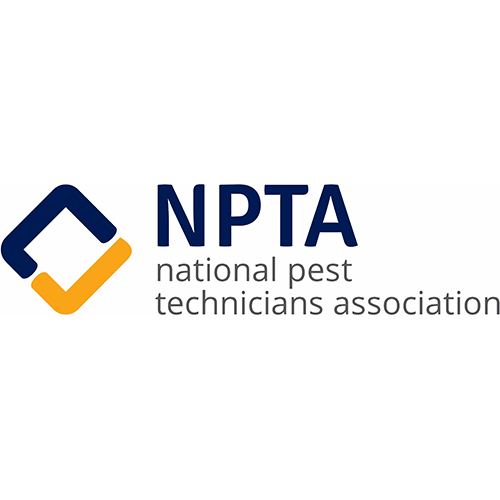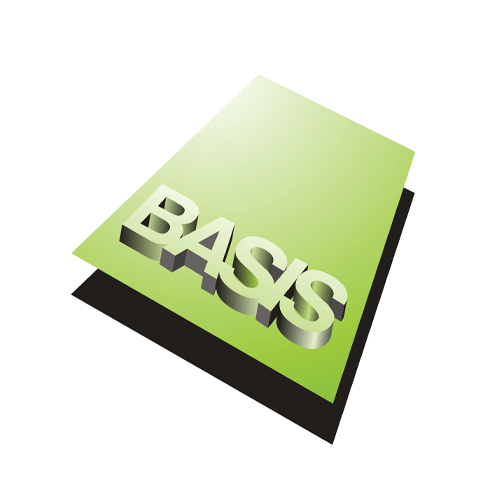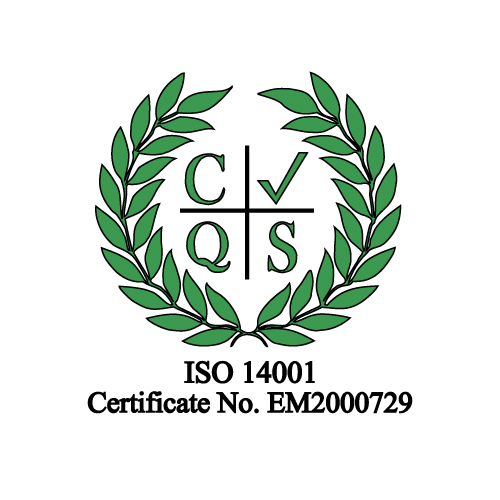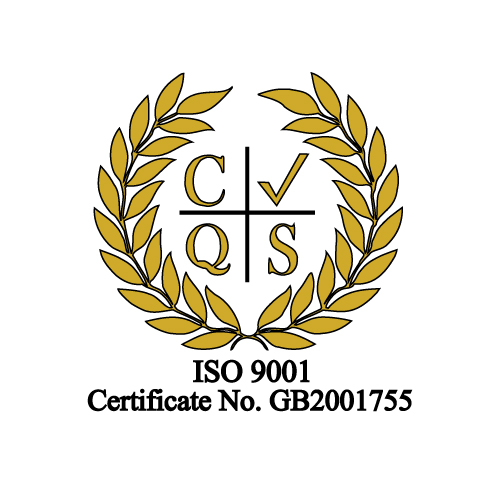As provided in the CRRU code of Best Practice, ‘In and around buildings’ shall be understood as the building itself, and the area around the building that needs to be treated in order to deal with the infestation of the building. This would cover uses in sewer systems or ships but not in waste dumps or open areas such as farmlands, parks or golf courses. For further information please click here
The assessments are specific to the task and site and need to be completed by the person/company planning to undertake the work. Barrettine providese ‘risk management’ training courses, to enable Pest Controllers to undertake their own risk assessments and method statements.
No. This is a common misconception. Bees are not protected but they are considered to be in danger if a current issue such as disease and carelessness continues. Treatment/disposal of the nest must be considered carefully. If a nest is causing no health and safety issues, then it is recommended they are left to thrive or call a beekeeper to relocate the bees.
Bed bugs are not known to spread disease but can be an annoyance because their presence may cause itching and loss of sleep. Sometimes the itching can lead to excessive scratching that can sometimes increase the chance of a secondary skin infection.
Insecticides approved for use in grain stores are classed as agricultural pesticides and it is a legal requirement that the user must hold a certificate of competence such as a PA1 & PA6 and/or PA9 (or meet one of the qualifications for exemption from so doing – consult the Training Code of Practice for using Plant Protection Products, available from www.pesticides.gov.uk). Visit the NPTC website for details regarding PA1 & PA6 certificates www.nptc.org.uk or contact or Barrettine for training. Please click here
Guidance can be found on the Health and Safety Executive website, or alternatively Barrettine offer a wide range of training courses for people new to the industry. Please click here
The Control of Pesticides Regulations demands that users of products labelled ‘professional use’ must have received adequate instruction, guidance and be competent. Therefore, evidence of training and in certain cases a declaration must be provided prior to supplying professional use products. Require Training? Click Here





